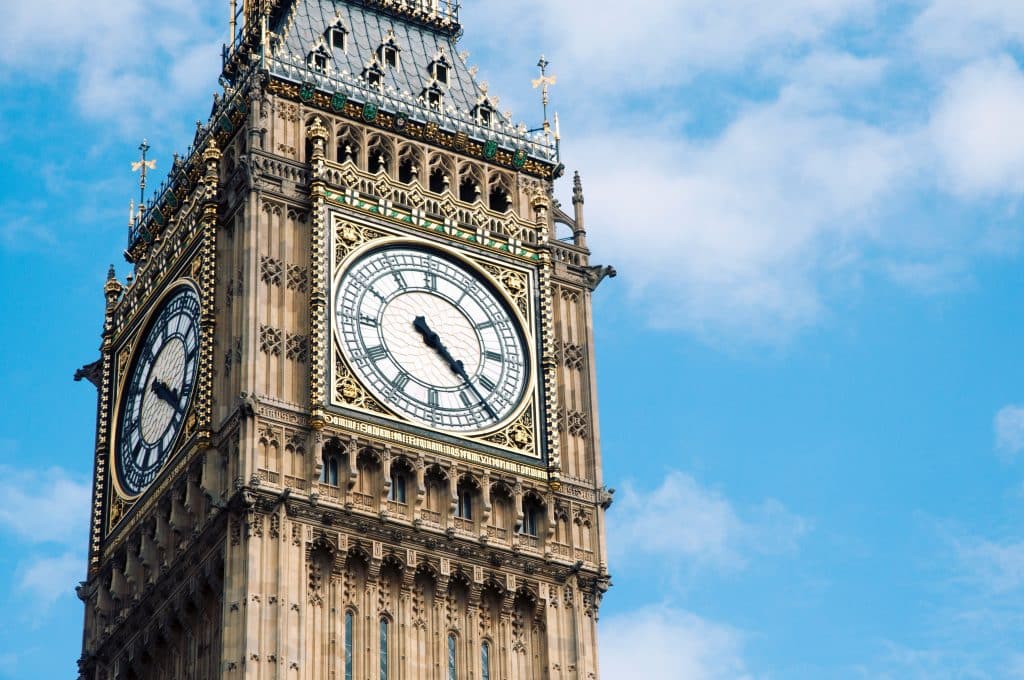Brexit VAT Update:
While you may be rather bored of Brexit dominating the news at present, we thought it important to try to cut through the noise and give you some really clear bullet points on how a ‘no deal’ Brexit might impact you, particularly relating to your VAT processes if you import and export within the EU.
Please note, that the information below is regarding potential procedural changes in trading with the EU in the event of a no deal Brexit, and may of course change:
- In order for businesses to trade with the EU or register for simpler import procedures, you will need to apply for a UK Economic Operator Registration (EORI) number.
- If your business already trades goods with the rest of the world as well as the EU and you are already using or authorised to use the necessary customs procedures, HMRC should be contacting you to notify them to tell you what you need to do.
- Should the UK leave the EU without a customs deal or agreement in place, then customs declarations will need to made. Using a customs broker, agent or freight forwarder can make importing and exporting simpler and faster. Alternatively, there is software available for businesses to make declarations themselves.
Further guidance can be found in the following documents:
https://www.gov.uk/government/collections/trading-with-the-eu-if-the-uk-leaves-without-a-deal
https://www.gov.uk/guidance/get-a-uk-eori-number-to-trade-within-the-eu#who-needs-an-eori-number
https://www.gov.uk/guidance/customs-procedures-if-the-uk-leaves-the-eu-without-a-deal
https://www.gov.uk/guidance/declaring-your-goods-at-customs-if-the-uk-leaves-the-eu-with-no-deal
With regard to VAT, general guidance is contained in the following document:
- The aim is to keep VAT procedures as close as possible to what they are now and rules relating to UK domestic transactions will continue to apply as they do now.
For businesses importing goods from the EU, under a no deal scenario the current rules for imports from non-EU countries will apply to imports from the EU.
- If there is no agreement, the government will introduce postponed accounting rules for import VAT on goods brought into the UK. This means that UK VAT registered businesses will be able to account for import VAT on their VAT returns rather than paying import VAT when the goods arrive at the UK border.
- In the absence of an agreement, VAT will be payable on goods entering the UK as parcels sent by overseas businesses. Further details are in the guidance above.
- VAT will be payable on vehicles brought into the UK from EU member states. There are certain reliefs in line with current imports from non-EU countries. Businesses should continue to notify HMRC about vehicles brought into the UK as they do now under the Notification of Vehicle Arrivals (NOVA) procedures. DVLA will not register a vehicle brought into the UK unless it has a valid NOVA notification or has been registered using the DVLA secure registration scheme.
For businesses EXPORTING goods to the EU:
- Businesses exporting goods to the EU will need to plan for customs and VAT processes at the EU border.
- Distance selling arrangements will no longer apply and UK businesses will be able to zero rate sales of goods to EU consumers.
- VAT registered businesses will continue to be able to zero rate sales of goods to EU businesses but will not be required to complete EC sales lists. Evidence will need to be retained to prove that goods have left the UK.
- Current EU rules mean that EU member states will treat goods from the UK in the same way as other non-EU countries with associated import VAT and customs duties. These may different for individual EU countries and should be checked.
- UK businesses will continue to be able to sell goods they have stored in an EU member state to customers in the EU in line with current Rest of the World rules. This would mean that UK businesses will continue to be required to registered for VAT in the EU member states where sales are made to account for VAT due in those countries.
- Place of supply rules for UK businesses supplying services into the EU which determine the country in which you need to charge and account for VAT will remain the same.
- For UK businesses supplying digital services to non-business customers in the EU the place of supply will continue to be where the customer resides.
- Businesses will no longer be able to use the UK’s Mini One Stop Shop (MOSS) portal to report and pay VAT on sales of digital services to consumers in the EU. However, you will be able to register for the MOSS non-union scheme.
- In the absence of an agreement, businesses will continue to be able to claim refunds of VAT from EU member states, but will no longer have access to the EU VAT refund system. Instead they will have to use the existing processes for non-EU businesses.
- UK businesses will continue to be able to use the EU VAT number validation service.
Northern Ireland…
- Arrangements regarding businesses in Northern Ireland importing and exporting to Ireland still need to be discussed.
A lot to take in, so as always if you have any questions regarding your specific situation, please do contact us via all the usual channels.







